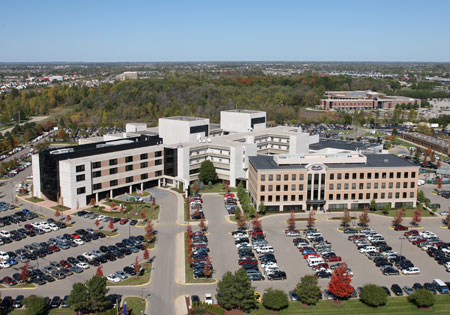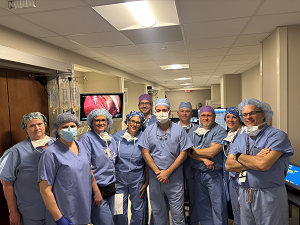News Reports Indicate Bruce Willis Has Been Diagnosed with Frontotemporal Dementia. What Is It?

Actor Bruce Willis has been diagnosed with frontotemporal dementia, according to a statement from his family posted on The Association for Frontotemporal Degeneration (AFTD) website. The statement reads in part:
“Since we announced Bruce’s diagnosis of aphasia in spring 2022, Bruce’s condition has progressed and we now have a more specific diagnosis: frontotemporal dementia (known as FTD). Unfortunately, challenges with communication are just one symptom of the disease Bruce faces. While this is painful, it is a relief to finally have a clear diagnosis.
FTD is a cruel disease that many of us have never heard of and can strike anyone. For people under 60, FTD is the most common form of dementia, and because getting the diagnosis can take years, FTD is likely much more prevalent than we know. Today there are no treatments for the disease, a reality that we hope can change in the years ahead. As Bruce’s condition advances, we hope that any media attention can be focused on shining a light on this disease that needs far more awareness and research.”
What is Dementia?
Dementia starts as a subtle change in memory and thinking called mild cognitive impairment. At first, a person may forget recent conversations or repeat questions multiple times, but it typically does not significantly affect daily life. Dementia happens when these symptoms occur frequently and affect a person's ability to perform once-simple tasks. Everyday activities, such as making a list or going to the store, become difficult or impossible. There are many types of dementia, including frontotemporal.
What is Frontotemporal Dementia?
Frontotemporal dementia occurs in parts of the brain that control behavior, personality, and language. Many symptoms may result from frontotemporal dementia, such as unusual behaviors, emotional problems, trouble communicating, difficulty with work, or difficulty with walking. FTD is rare and tends to occur at a younger age than other forms of dementia. Roughly 60% of people with FTD are 45 to 64 years old, according to the National Institute on Aging (NIA).
How does Frontotemporal Dementia Typically Progress?
According to the AFTD, the progression of symptoms varies by individual, but results in decline of function over a span typically ranging from 2-20 years. Currently, there is no cure for frontotemporal dementia, or treatments that slow or stop the progression of the disease. However, symptoms can be managed with the help of an expert care team, which may comprise doctors, nurses, and speech, physical, and occupational therapists.
To learn more about dementia, visit henryford.com/services/neurodegenerative/conditions/dementias.
MEDIA CONTACT: Jeff Adkins / jadkins6@hfhs.org / 586-307-2027
.svg?iar=0&hash=F6049510E33E4E6D8196C26CCC0A64A4)

/hfh-logo-main--white.svg?iar=0&hash=ED491CBFADFB7670FAE94559C98D7798)









